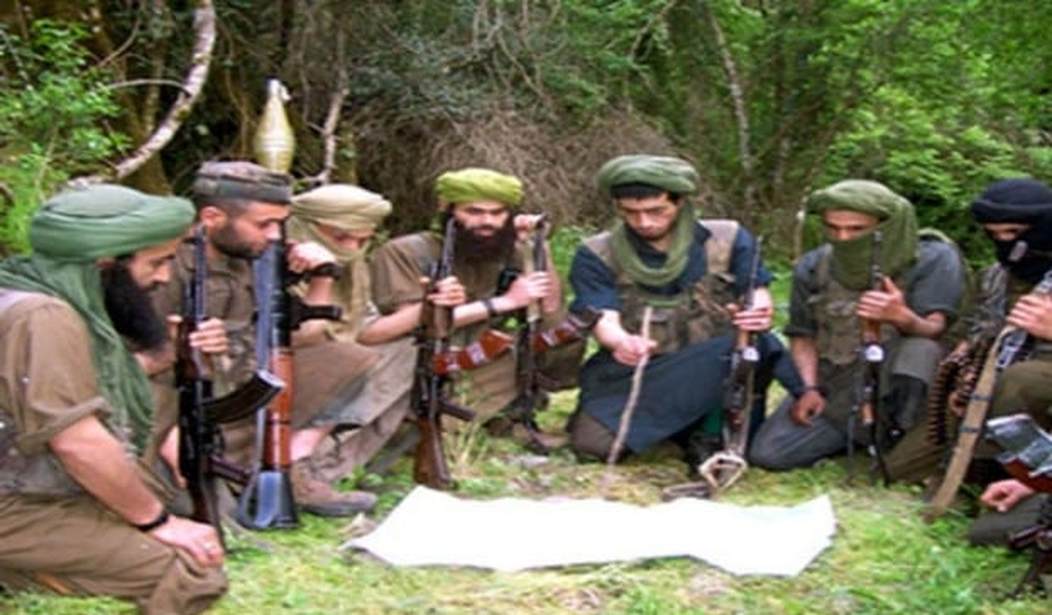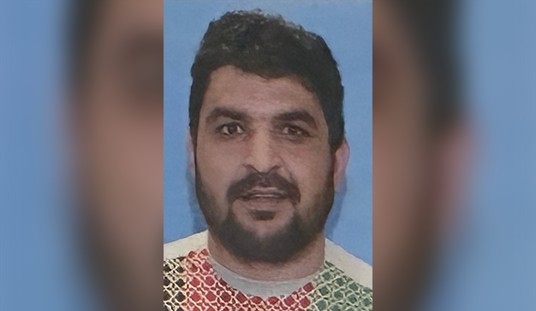Last night in Barack Obama appearance on Jon Stewart’s The Daily Show, after classifying the deaths of four Americans in the al Qaeda attack on our Benghazi consulate as “not optimal”, he had this to say:
“Now there’s some tough trade-offs, I mean there are times when there are bad folks somewhere on the other side of the world and you’ve got to make a call and it’s not optimal,” he continued. “When you look at our track record as to say we’ve ended the war in Iraq, we’re winding down the war in Afghanistan we’ve gone after Al Qaeda and it’s leadership, it’s true that Al Qaeda is still active at least remnants of it are staging in North Africa and the Middle East, and sometimes you’ve got to make some tough calls, but you can do so that is consistent with international law and American law.”
Whether this is true or not depends if you call deliberately losing a war we had won in Iraq as “ended”, a precipitous retreat from Afghanistan “winding down”, and an al Qaeda that is more active today than it was six years ago as “remnants.”
Thanks to the vacillation of the ineptocrats in the Obama regime, al Qaeda has enjoyed a resurgence, this time the North Africa. Known by the acronym AQIM, for al Qaeda in the Maghreb, it is nothing if not ambitious
According to West Point’s center on terrorism, “a rough sketch” of AQIM’s principle objectives includes ridding North Africa of western influence, overthrowing apostate “unbeliever” governments (including Algeria, Libya, Mali, Mauritania, Morocco, and Tunisia), and installing fundamentalist regimes based on Islamic law or Sharia. Experts say AQIM’s narrative blends Salafi-jihadi ideology with North African nuances, including references to the early Islamic conquest of the Maghreb and the Iberian Peninsula. A component of the Salafi-jihadi philosophy is waging war against the “far enemy,” which, in the case of AQIM, is primarily Spain and France. The group has referred to Spain as “our country” and called for its reconquest; likewise, AQIM has declared war on France, which reciprocated the gesture in 2010.
Thanks to our opportunistic and ill-considered overthrow of Muammar Qaddafi, AQIM now has established toehold on the Mediterranean. Finally, the reality has persuaded the Obama regime to look past the sweet afterglow and post-coital cigarette they enjoyed following the Arab Spring and are now coming to grips, in some small way, with the aftermath.
I say small way because there is little evidence that anything at all can be accomplished by the Obama foreign policy hive. From Foreign Policy, by way of Ben Domenech’s indispensable The Transom (subscribe today you cheapskates) we get this insight:
“President Obama promised to ensure transparency and competence in government, but too often, nepotism trumps merit. Young and untried campaign aides are handed vital substantive portfolios (I could name names, but will charitably refrain, unless you buy me a drink), while those with deep expertise often find themselves sidelined. Cronyism also reigns supreme when it comes to determining who should attend White House meetings: increasingly, insiders say, meetings called by top NSS officials involve by-name requests for attendance, with no substitutions or “plus ones” permitted. As a result, dissenting voices are shut out, along with the voices of specialists who could provide valuable information and insights. The result? Shallow discussions and poor decisions.”
Anyway, back to the regime’s handwringing:
The White House has held a series of secret meetings in recent months to examine the threat posed by al-Qaeda’s franchise in North Africa and consider for the first time whether to prepare for unilateral strikes, U.S. officials said.
The deliberations reflect concern that al-Qaeda’s African affiliate has become more dangerous since gaining control of large pockets of territory in Mali and acquiring weapons from post-revolution Libya. The discussions predate the Sept. 11 attacks on U.S. compounds in Libya but gained urgency after the assaults there were linked to al-Qaeda in the Islamic Maghreb, or AQIM.
U.S. officials said the discussions have focused on ways to help regional militaries confront al-Qaeda but have also explored the possibility of direct U.S. intervention if the terrorist group continues unchecked.
“Right now, we’re not in position to do much about it,” said a senior U.S. counterterrorism official involved in the talks. As a result, he said, officials have begun to consider contingencies, including the question of “do we or don’t we” deploy drones.
The effort has been led by White House counterterrorism adviser John O. Brennan and involves top officials from the CIA, State Department and Pentagon. At the same time, the U.S. military commander for Africa has crisscrossed the region in recent weeks, making stops in Mauritania, Algeria and other countries that could become part of a peacekeeping force for Mali.
White House officials declined to comment.
They are concerned, but not concerned enough to act:
Ham, the U.S. commander in Africa, has said that in Mali, that task has been made more difficult by political instability and the failure to act earlier. The United States, the Malian government and other countries “missed an opportunity to deal with AQIM when they were weak,” Ham told reporters during a visit to Senegal in July.
He called AQIM the “best-funded, wealthiest” affiliate, thanks to its lucrative practice of kidnapping foreigners for ransom and its smuggling prowess.
The Pentagon has been prohibited from giving military aid or training to Mali in the aftermath of the March coup. The ban, imposed by the State Department, is unlikely to be lifted until a democratically elected government can be reinstated.
Note this is not a consideration when it comes to arming jihadis in Libya or Syria, it only applies to countries trying to fight them.
Against this backdrop we have Barack freakin Hussein Obama, prevaricator-in-chief, claiming that there are only remnants of al Qaeda left.
The genesis of this resurgence can be traced to when Obama rejected the idea that we were at war with transnational terrorism. This is more than a semantic difference. We’ve transitioned from a policy of pursuit of terrorism wherever it is to the notion that we can use a handful of drones and the TSA to defeat attacks on the United States.















Join the conversation as a VIP Member